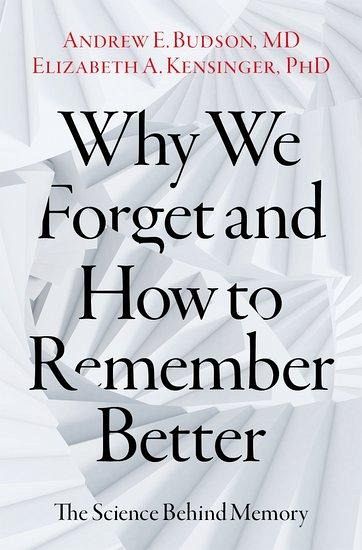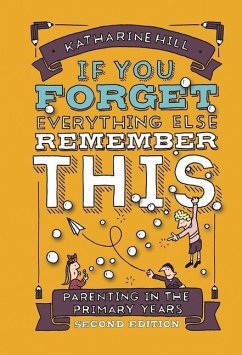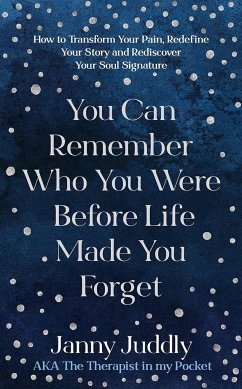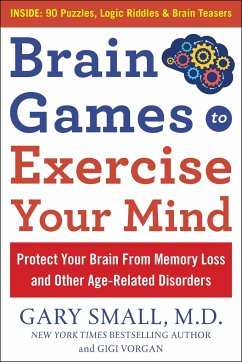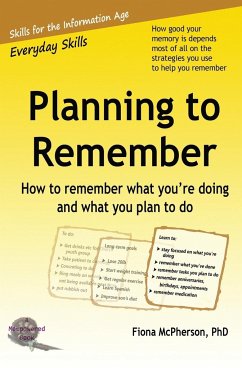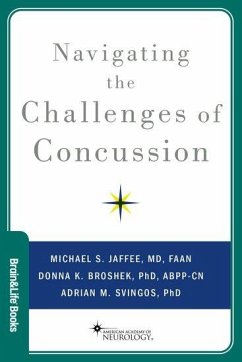Andrew E. Budson, Chief, Cognitive & Behavioral Neurology and Associate Chief of Staff for Education, VA Boston Healthcare System, Associate Director & Education Core Leader, Boston University Alzheimer's Disease Center, Professor of Neurology, Boston University School of Medicine, Lecturer in Neurology, Harvard Medical School Andrew Budson majored in chemistry and philosophy at Haverford College, graduated cum laude from Harvard Medical School, interned at Brigham and Women's Hospital, attended the Harvard-Longwood Neurology Residency Program, and then pursued a clinical fellowship in behavioral neurology and dementia at Brigham and Women's Hospital and a research post-doctoral fellowship in experimental psychology and cognitive neuroscience at Harvard University. He has given over 700 talks and published over 150 papers in peer-reviewed journals. From the American Academy of Neurology he received the Norman Geschwind Prize in Behavioral Neurology in 2008 and the Research Award in Geriatric Neurology in 2009. Elizabeth Kensinger, PhD,Professor and Chair of the Department of Psychology and Neuroscience, Boston College Elizabeth Kensinger majored in psychology and biology at Harvard University and received her Ph.D. in neuroscience at the Massachusetts Institute of Technology. After a postdoctoral fellowship at Harvard University and the Massachusetts General Hospital, she joined the faculty of Boston College, where she is now a Full Professor and Chairperson of the Department of Psychology and Neuroscience. She directs a research laboratory that investigates many aspects of human memory, including how emotion, stress, and sleep affect memory, and how memory strengths shift as adults age, and she teaches courses on these topics.
